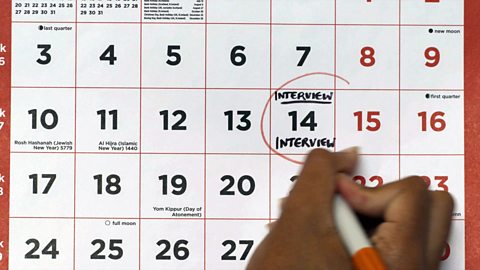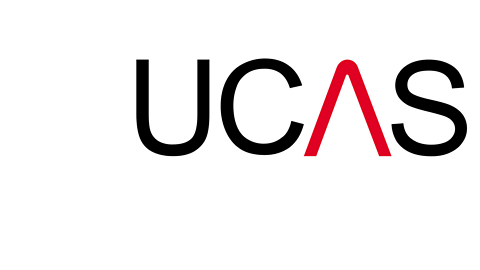Not many people enjoy applications and interviews.
Yes, they can be scary and time-consuming, and it might feel weird talking about all your skills and achievements. But they are a gateway to the course or job of your dreams. From university to apprenticeships, our coaches have been through all sorts of application processes and interviews. Here’s what they have to say!
In this short film, our coaches give you their best application and interview tips.
"Most application processes are two parts. You've got your initial application form which you will fill in. I would definitely recommend getting help from family and friends, colleagues, to fill this in to the best of your ability."
"When you're in Welsh medium school or any kind of bilingual school, you'll always be told that it'll help you in your future, it'll help you getting a job, and it really is the truth. The first thing I did on my UCAS was make sure that in my opening sentence it said that I was a Welsh speaker first. It really helps you soak up a lot of different things so if you can really use that to your advantage, really make a statement out of that."
"After going for an interview, it's extremely important to read up on the company. This will not only impress the employer but it shows you're definitely serious about the job and it'll help you perform extremely well at interview."
"You're not going to be thrown off and you'll have the confidence to answer the questions."
"The last thing that you want to happen is the first question you're asked in an interview, 'So what do you know about this company?', and then you don't know anything. The only thing you know is the job that they're posting."
"For me, I was applying for visual effects and animation so you need to have a portfolio filled of different things that you've worked on to show that you really are interested in the subject. I had a little sketchbook filled with some art that I had drawn and some sketches that I wanted to animate in the future and some films I had made, but I did leave it until late so I rushed it quite a bit and I was doing some of the portfolios in the car for one of the interviews. And I think it showed when I was there, because you haven't spent the time and you've not really had the time and energy to write and show what you can do. If I had time-scheduled it better, maybe for that interview things would have gone differently."
"It's a chance to show people who you are. There's more to life than exams and results. Who you are is sometimes more important than that, that can get you further."
"I actually ended up using the fact that I'd failed my A-levels in my interviews at university because they don't care that you did it, they just want to know what you learnt from it. I spoke about it in my university interviews and just said, 'I did fail my A-levels the first time around but I learnt that when you want something, you need to work hard at it and I learnt a lot of life skills from it.' I spoke about that in my interviews and obviously got a place, so it clearly worked well."
"All these little tips will add up to give you the best chance to get the job."
If you’re applying for a job or course:
- When you’re writing an application form or covering letter, you will probably have to write several drafts. Ask a friend, relative, teacher or tutor to read it through and suggest improvements.
- If you have extra skills, like a second language or a coding language, make sure you highlight that in your application
- If you get an interview, do your research about the course or the company. You can also watch our experts give their top interview tips here
- If you are asked to show a portfolio of your work, start it well in advance – they can take a surprisingly long time to put together
- While the tone of an application or interview generally needs to be positive, it’s fine to talk about when things didn’t go as planned, providing it shows you’ve learnt from your mistakes
- And remember: this is a chance to show people your personality and how brilliant you are!

Career toolkit: How do I write a great CV?
Everything you need to know to write an engaging CV and land your dream job.

How to prepare for an interview. video
Experienced advice on how to get ready for the big day.

Personal statement tips. External Link
Expert advice plus a writing tool to help you.
